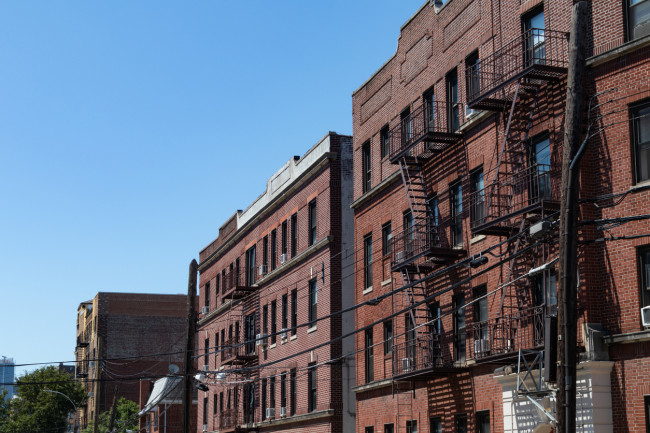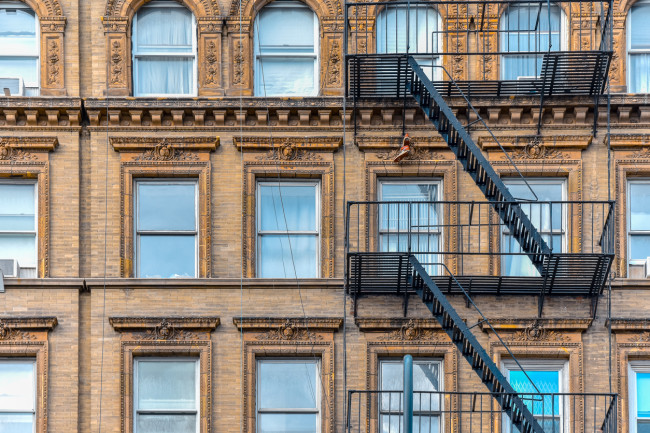Cuomo's State of the State: Reopen businesses, provide rent and mortgage relief

Governor Andrew Cuomo gave his annual State of the State address from the War Room in the state capitol.
Governor Andrew Cuomo in his 2021 State of the State address yesterday laid out plans for dealing with Covid-19 and the economic fallout, including providing new safeguards for renters and owners.
Instead of his usual speech in the Albany Convention Center to thousands of people, he spoke to a small group from the War Room in the state capitol—and there were multiple references to being at war. His speech was stirring, touching on the devastation and turmoil the virus has unleashed, if short on details.
As part of a seven-part plan to address the impact of the pandemic, he called for businesses to reopen, even before a full 70 to 90 percent of New Yorkers are vaccinated to achieve herd immunity.
“We simply cannot stay closed until the vaccine hits critical mass. The cost is too high. We will have nothing left to open. We must reopen the economy: smartly and safely,” he said.
There’s a looming budget crisis that makes this necessary: A record $15 billion state deficit that must be addressed in the next several weeks, he pointed out.
He was highly critical when speaking about Washington, which he says has “savaged us for four years. No state pays more to Washington and receives less in return.”
That imbalance has grown more pronounced in recent years because of the Federal SALT cap, which Cuomo says has cost New York $30 billion over three years and increased property taxes for New Yorkers by $2,600 per year.
Not only did Washington raise New York’s taxes to benefit over states, “those states then appealed to our residents to relocate to their lower tax states,” subsidized by New York state—an “infuriating irony,” he says.
His remarks about tenants and owners were supportive—but vague. The governor acknowledged that thousands of tenants and owners have lost their jobs “through no fault of their own” and pledged to “provide them the resources they need for rent and mortgage relief to keep New Yorkers in their homes.”
And, he added, “New York must do more to protect homeowners and tenants by prohibiting penalties and late charges on past rent.”
He noted the ongoing housing crisis and says a solution may lie in the commercial real estate sector—which is grappling with vacancies. “We should convert vacant commercial space to supportive and affordable housing and we should do it now,” the governor said.
You Might Also Like




























